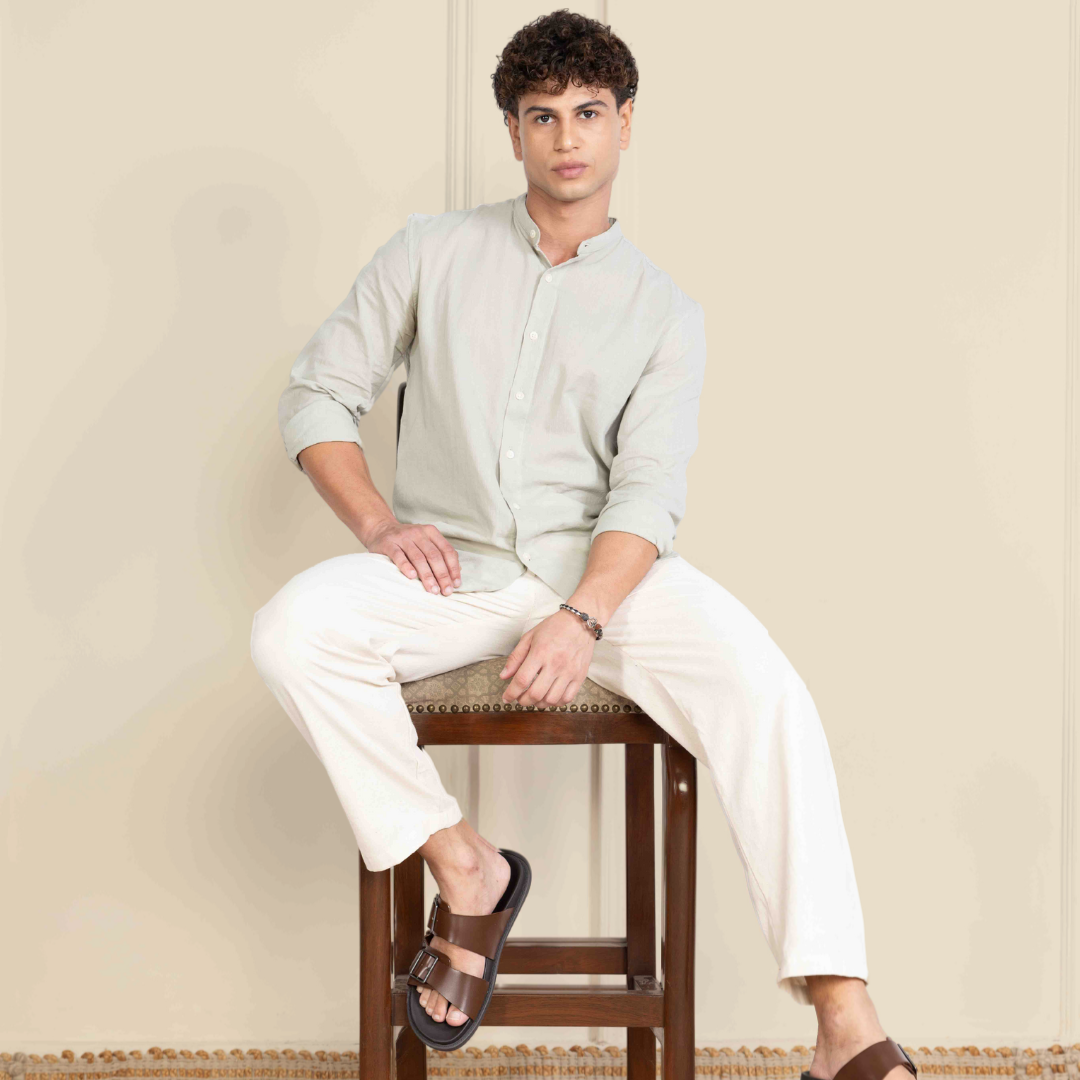In 2023, less than 1% of all textiles produced globally were recycled into new garments. That number isn’t just low—it’s alarming. Nearly 50 million people continue to live in modern slavery worldwide, many behind the scenes of what we casually wear. Over 56% of consumers in the U.S. say they hesitate to buy sustainable clothing because of price, and in Europe, more than half say sustainability matters—yet it doesn’t always reflect in what they purchase.
But here’s the truth that often goes unspoken: in India, it’s not just about cost or convenience.
It’s about awareness.
Most people aren’t choosing fast fashion over conscious fashion—they’re not even aware there’s a difference.
At HOPE, House of Pure Eco, this is the challenge we wake up to every day. Not just to create sustainable fashion—but to educate, empower, and shift culture from the inside out.
We exist for the ones who want to do better but don’t know where to start. We meet them not with judgment, but with clarity. Through every product tag, behind-the-scenes story, and honest post—we’re making sustainability accessible, relatable, and real.
We begin with discarded pre-consumer waste, spin it into yarn, and transform it into soft, wearable clothing that feels as good as it looks. Our materials are eco-friendly, our production is vertical and transparent, and our prices? Fair. Because we believe that sustainability shouldn’t be a luxury reserved for a few.
We work with rural farmers in off seasons, empower women and homemakers through ethical employment, and take pride in building a brand that respects not just the planet, but the people who bring it to life.
In a market where 57% of consumers globally don’t trust brands’ sustainability claims, we keep it simple: no jargon, no greenwashed language—just honest, traceable practices. And while circularity is still a work in progress across the globe, we’ve made it our starting point.
But we know none of it matters unless we bridge the biggest gap of all—the one between values and understanding.
So yes, we’re building a fashion brand. But more than that, we’re building awareness. Awareness that what we wear isn’t just about expression—it’s about intention. That conscious clothing isn’t a trend. It’s a return to something deeply human.
And if we can teach that, one garment at a time, then that’s the kind of HOPE we’re proud to wear.







